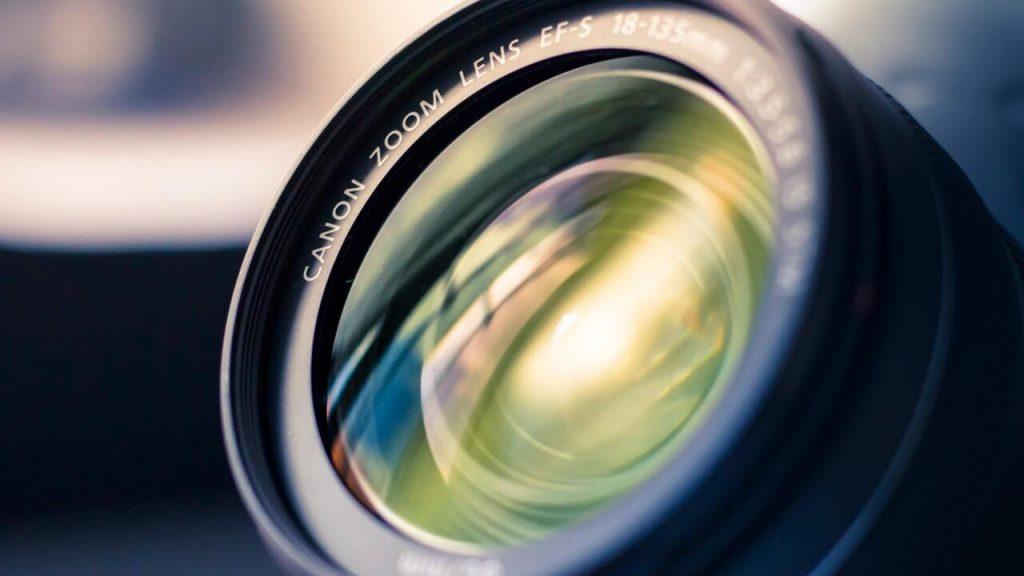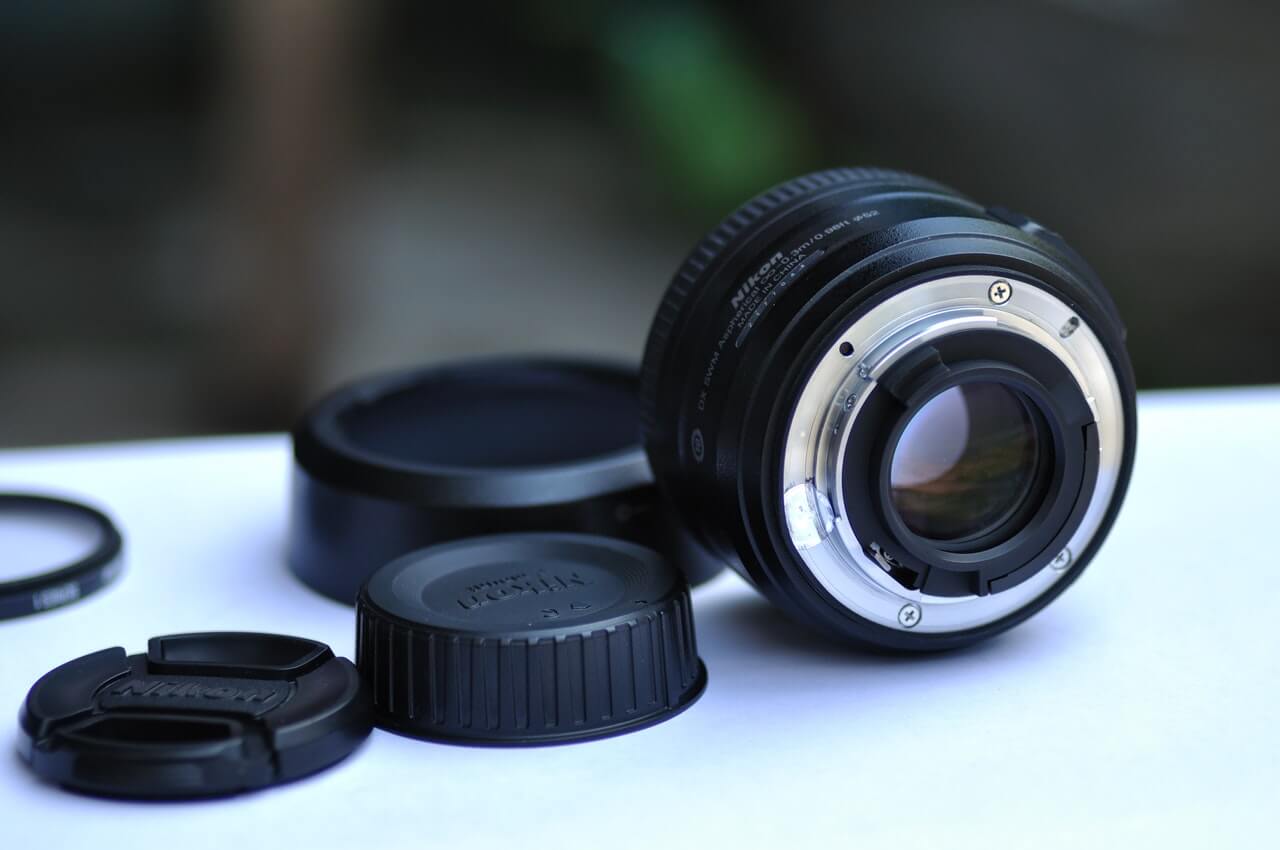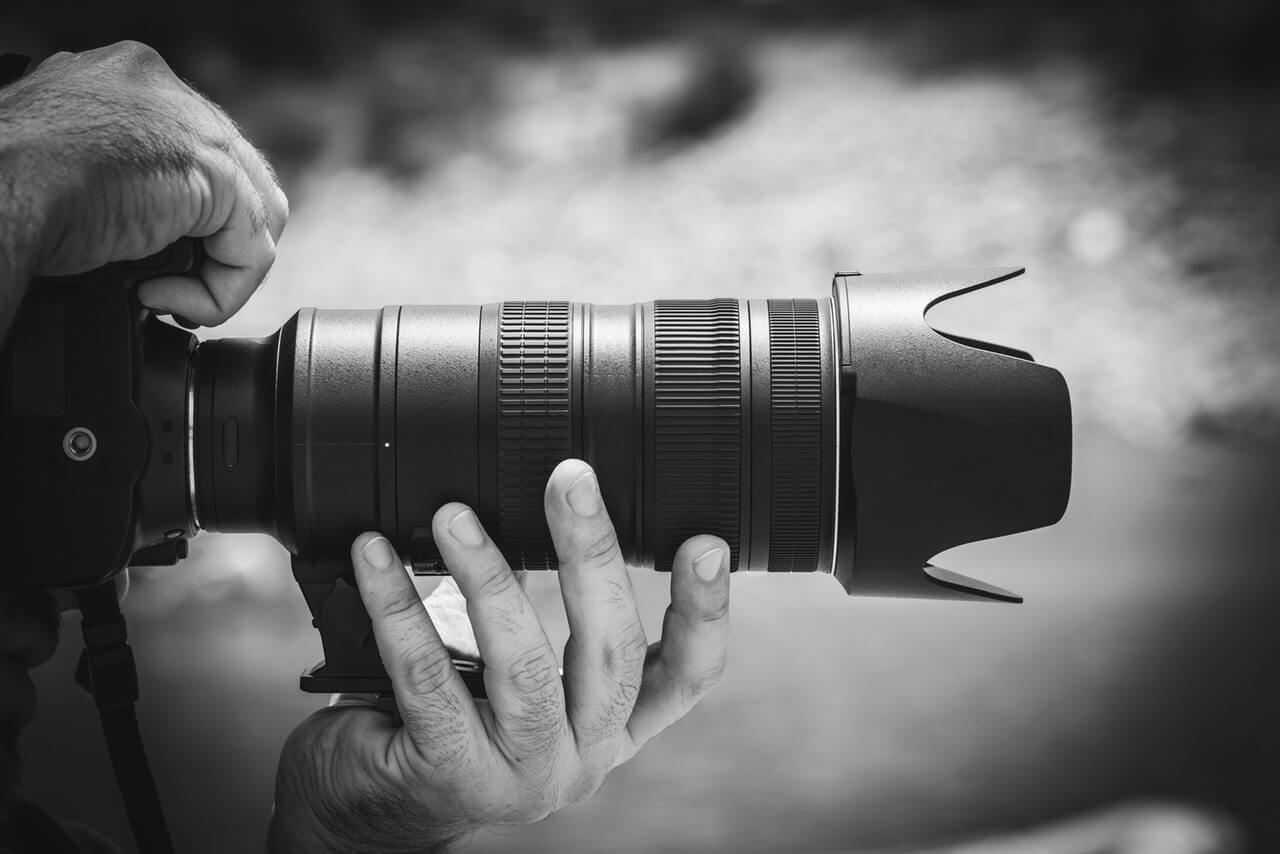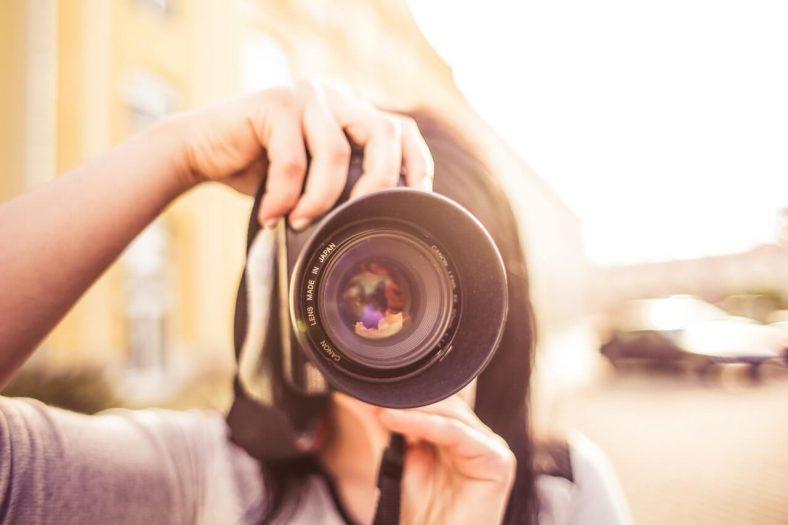It is common to find yourself between a rock and a hard place when it comes to DSLR lenses working on mirrorless cameras. Most DSLR previous owners will want to upgrade but want to keep the old lenses and use the mirrorless cameras to save money.
There is also a myth that DSLR lenses are much better. This is only a matter of preference for most. So, can you a DSLR lens on a mirrorless camera?

One of the best things about cameras is the fact that most will be compatible with most of the accessories on the market. It is therefore wise to ensure that you check on this as a feature before making a purchase.
Mirrorless cameras have become the in thing due to their compact nature alongside impressive attributes such as silent shooting, faster processing, continuous shooting, and high-resolution video modes. They have also made it easier for the beginner to navigate around the hobby.
DSLRs, on the other hand, are professional tools that are with time getting less popular. This does not necessarily mean that they are inferior in any way. It does take more prowess for you to be very good at using a DSLR when it comes to shooting.
This is because these cameras are manually set at every point. However, produce some of the best captions in the hands of a master. Mirrorless cameras will help the user along when it comes to getting the perfect shot which is why they have become famous.
The difference between the mirrorless camera and the DSLR is simply the mirror. The mirror is absent in the mirrorless camera which leads to a shorter flange distance. It is longer in the DSLR which also results in a longer flange distance.
The flange distance eventually affects the compatibility of the lenses. The flange distance is the distance between the lens mount and the sensor mount. This distance will determine quite some things when taking shots including the actual values of the f-stop.
DSLR lenses are manual and so will not work with mirrorless cameras that are mostly digital. Most of the lenses being designed today are digital catering to the high demand when it comes to mirrorless cameras. Does that mean that it is impossible to put a DSLR lens on a mirrorless camera?
It is possible to use these lenses across the board but with a small gadget known as a lens adapter. Just like what most adapters will do, the gadget will allow you to use the manual lenses on a standard mirrorless camera.
You will of course not be able to handle the lens using the camera because it is manual. Mirrorless lenses will easily be controlled from the camera zooming and setting other values. Manual lenses will need to be handled by hand and every value set by hand. This means that you will have to be very good when it comes to DSLRs for you to get perfect captions.

The adapter allows you to interchange the lenses and compensate for the flange distance. The adapter will depend on the kind of camera you have. The flange distance will also be recovered by the adapter which lengthens the distance to what the digital camera will recognize.
Most digital cameras will try to correct and compensate, but one of the challenges that come is that the electronic viewfinder will not be able to access the lens. It will then adjust the rest of the values to accommodate the installed adapter.
It is important to note that there are DSLR lenses that will have no problem mounting on the mirrorless camera as long as the mount is the same. These will only have the challenge of an auto aperture and focus. Some will accept auto control from the camera while others will not.
It is also wise to note that the options are expensive. It would not make sense to buy lenses that you will need to adapt to the camera if you did not have them already. This option works great when you already have a DSLR with some lenses, and you have just acquired a mirrorless camera.
You are well able to obtain all kinds of compatible lenses if you are purchasing a mirrorless camera as the only camera for the first time.

It is also possible to get hold of an adapter that allows these signals to work. This then makes it possible for you to control the DSLR lenses that are not compatible with your mounts. You may have problems when working with lenses that are designed for full frames also.
Mirrorless cameras will have smaller sensors, so not all lenses will be compatible at the end of the day. It is advised that one takes caution while buying lenses or a camera in light of this compatibility. You will also need to be keen on the kind of adapter you get to use.
Conclusion
You can use all lenses interchangeably and still get an excellent picture by the end of the day. You will need to figure out whether this is an option for you if you have not spent any cash yet. The reason for this is that it is possible to get all the lenses you want without ever needing an adapter if you are keen on the kind of camera you will pick.
You may also find it useful not to buy lenses but just get an adapter if you have a DSLR with some lens that will work with your camera. This will save you money in the long run as opposed to buying new ones.
Working them may not also be as smooth as working mirrorless lenses because you will need to go still manual on them. This may not be an issue for those that are used to the DSLR camera.
Related Lens
